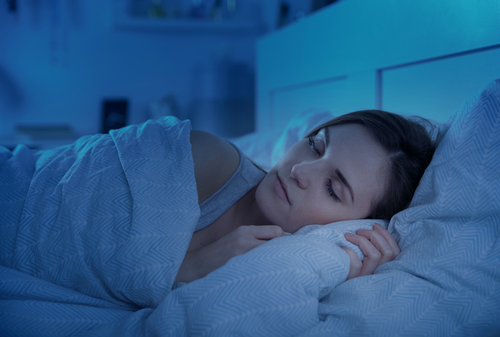



Get new exclusive access to healthcare business reports & breaking news




While you can have a nightcap or a drink before going to bed, you may want a cup of herbal tea instead. Does drinking alcohol at night affect sleep? Yes, it does. Alcohol is a suppressant and will slow your breathing, your movements, and coordination. While these factors may result in falling asleep, the long-term effects of drinking before sleep have a lasting impact.
As we sleep, our bodies go through four cycles that last about 90 minutes each. A normal sleep pattern will have four to six cycles, resulting in a night of restorative and refreshing sleep. The four stages of a sleep cycle include three non-rapid eye movement (NREM) cycles and one rapid eye movement (REM) cycle.
These four stages repeat themselves throughout the sleep period.
Drinking alcohol before bed can help you fall asleep quickly, basically bypassing the first cycle of sleep. However, as the alcohol you drank before bed metabolizes, the sedative effect of it wears off and you may not go through cycles three and four, which are the restorative phases of sleep. Drinking before sleep disrupts the entire cycle and you may wake up before getting into deep sleep or REM sleep.
In addition to disrupted sleep and nonrestorative sleep, alcohol can cause other issues, including:
Alcohol in your system often causes vivid, lucid, or unpleasant dreams. You often feel like you’re half-awake and the dreams may feel realistic.
As alcohol affects the central nervous system, you may experience disruptive sleep disorders called parasomnias. Common signs of parasomnias include screaming, kicking, sleep paralysis, sleepwalking, or nightmares.
Drinking alcohol has a sedative effect, relaxing the muscles in your airway. You may experience issues with breathing, snoring, or running the risk of sleep apnea, which is a potentially serious sleep disorder.
If you find yourself regularly needing alcohol to fall asleep, consider seeking treatment for substance abuse. With the right treatment and lifestyle changes, you can find other ways to fall asleep, stay asleep, and get a night of restorative sleep.